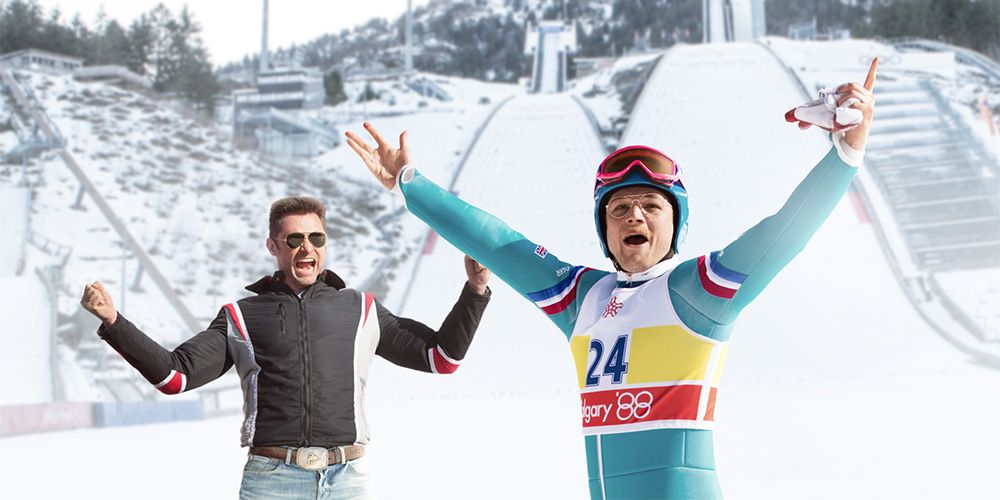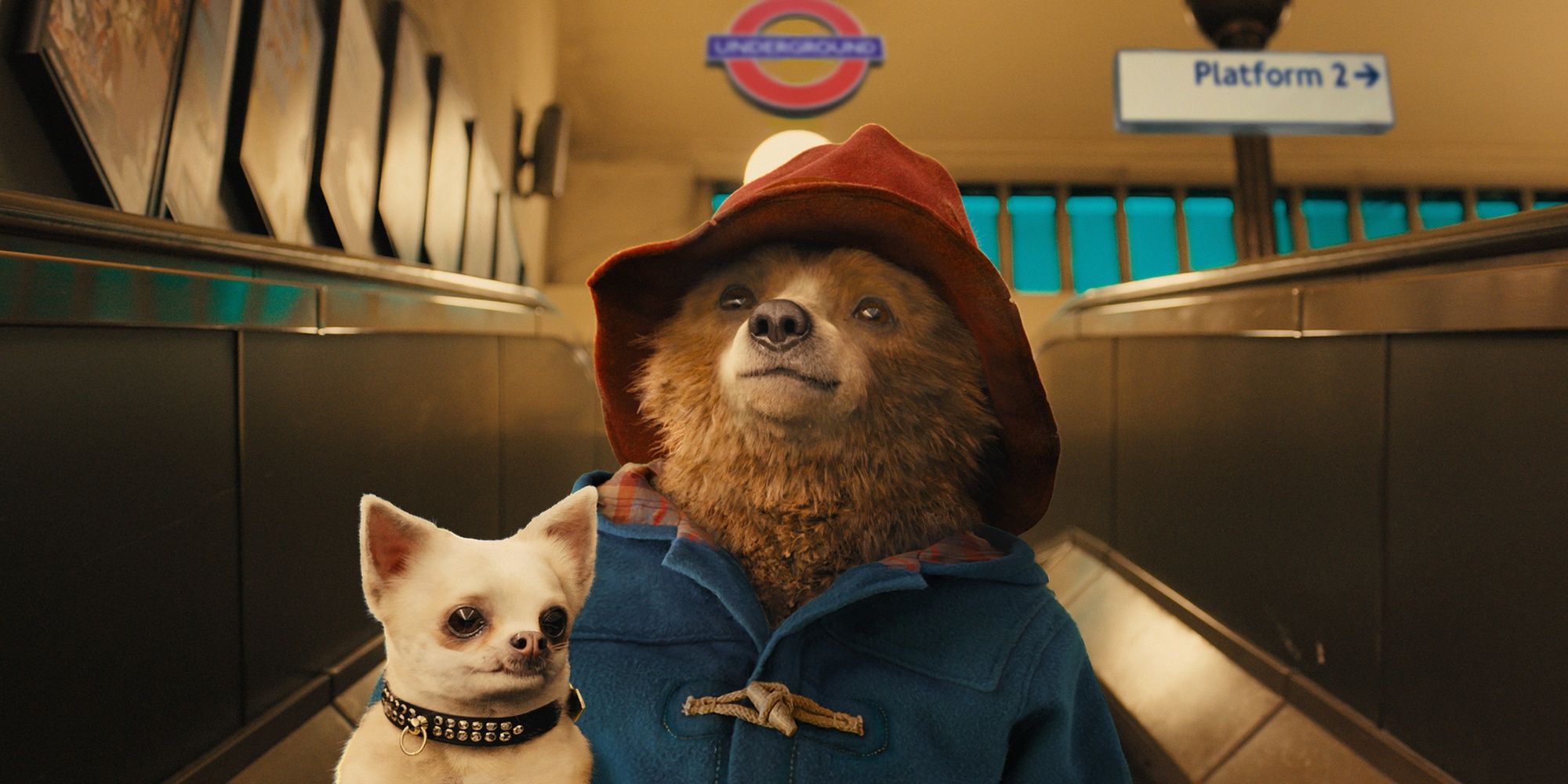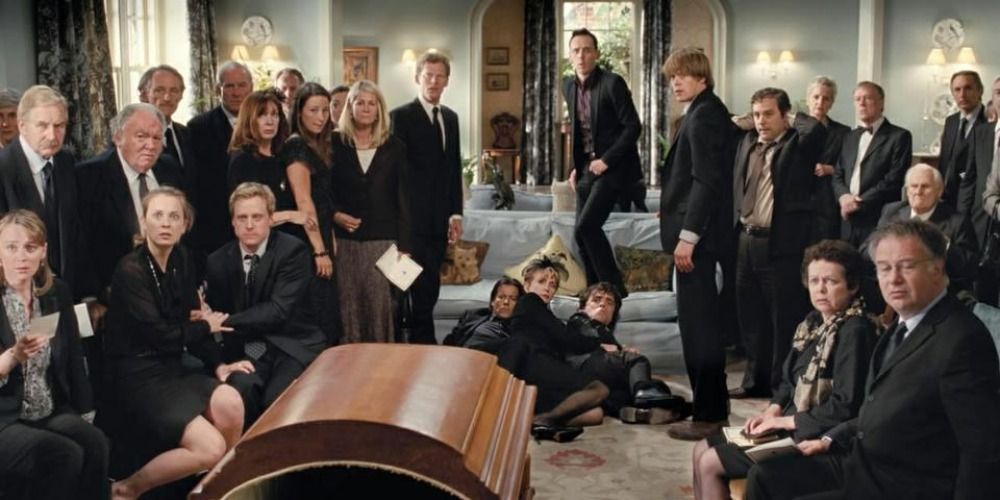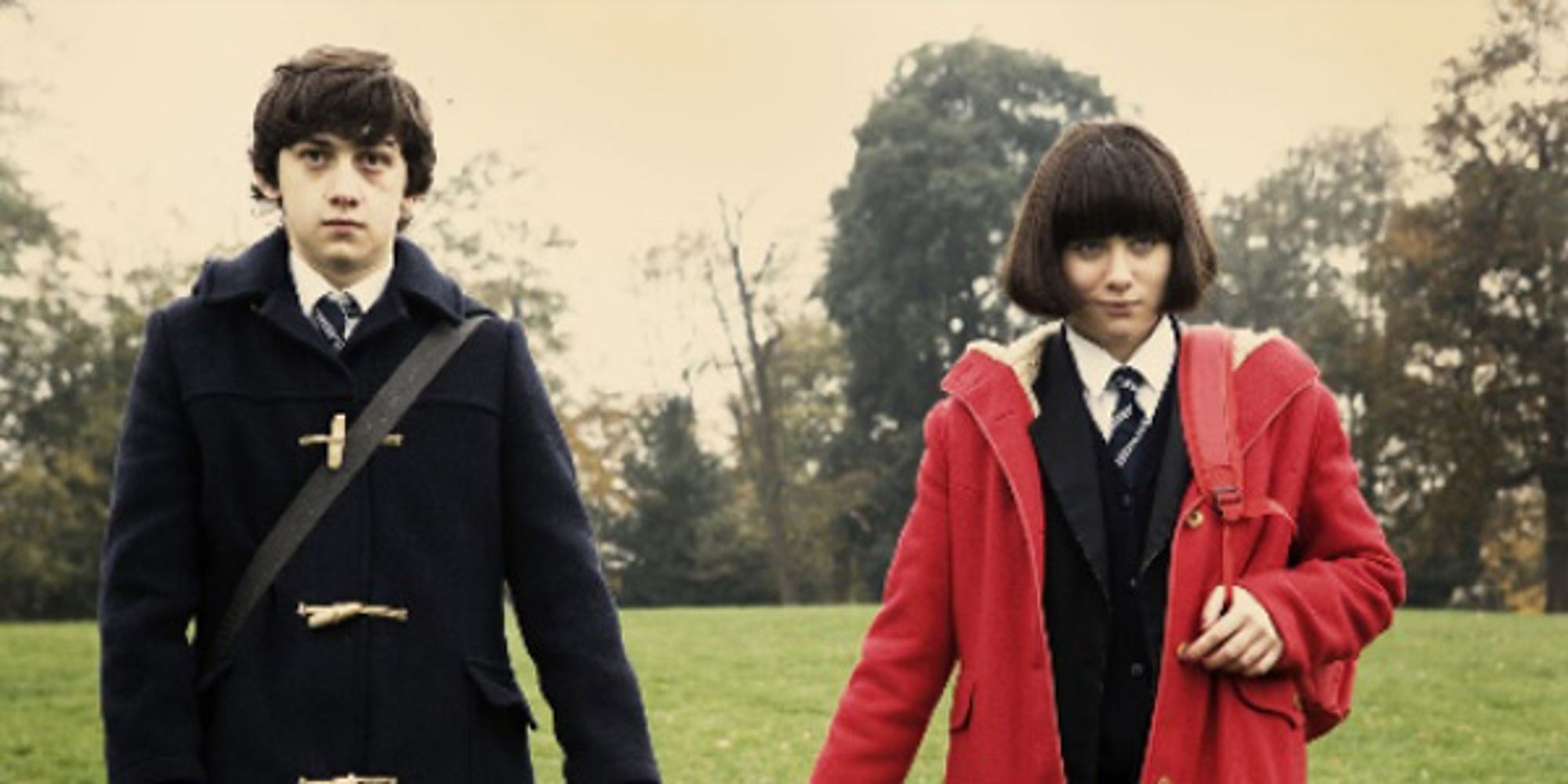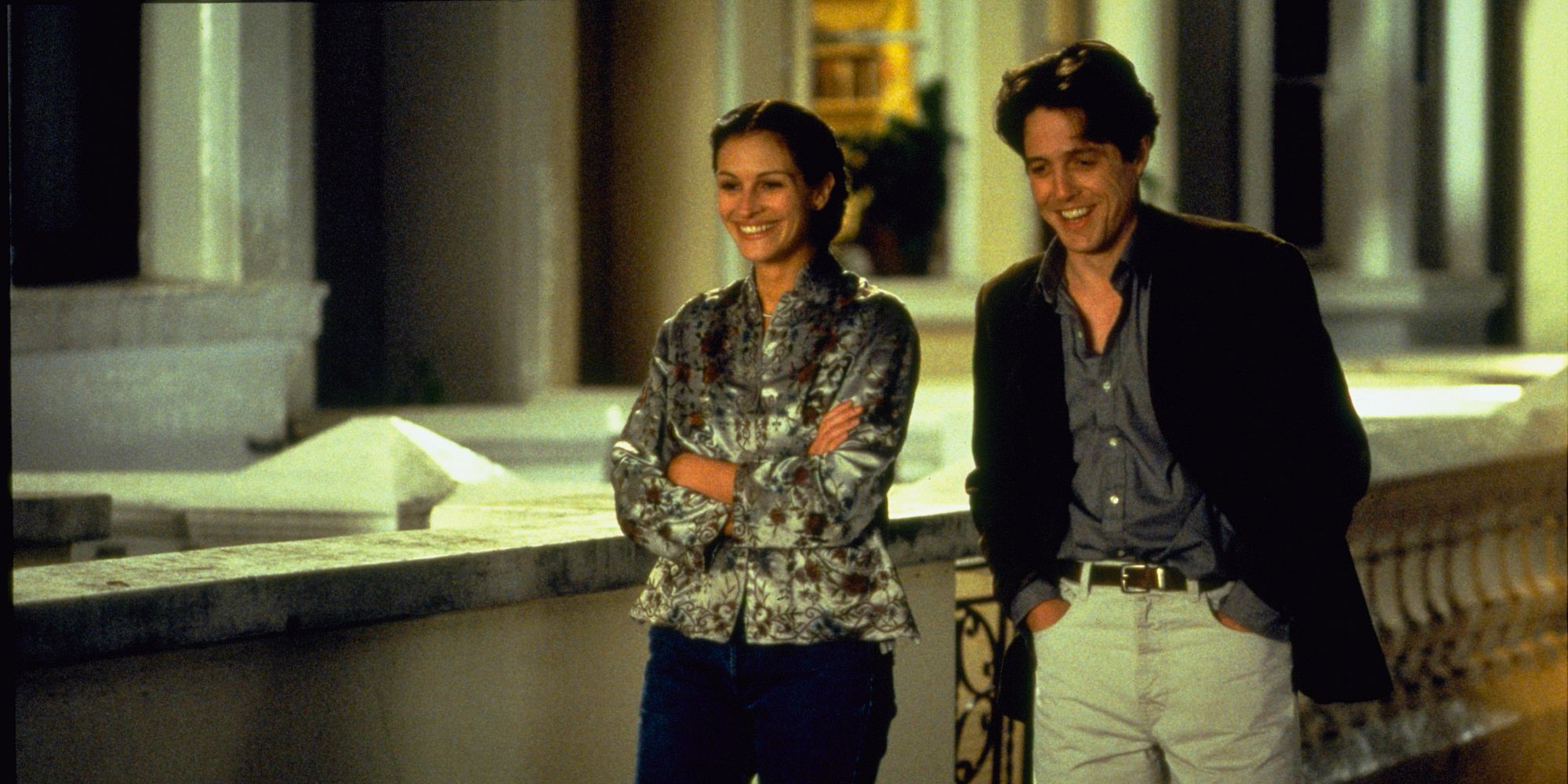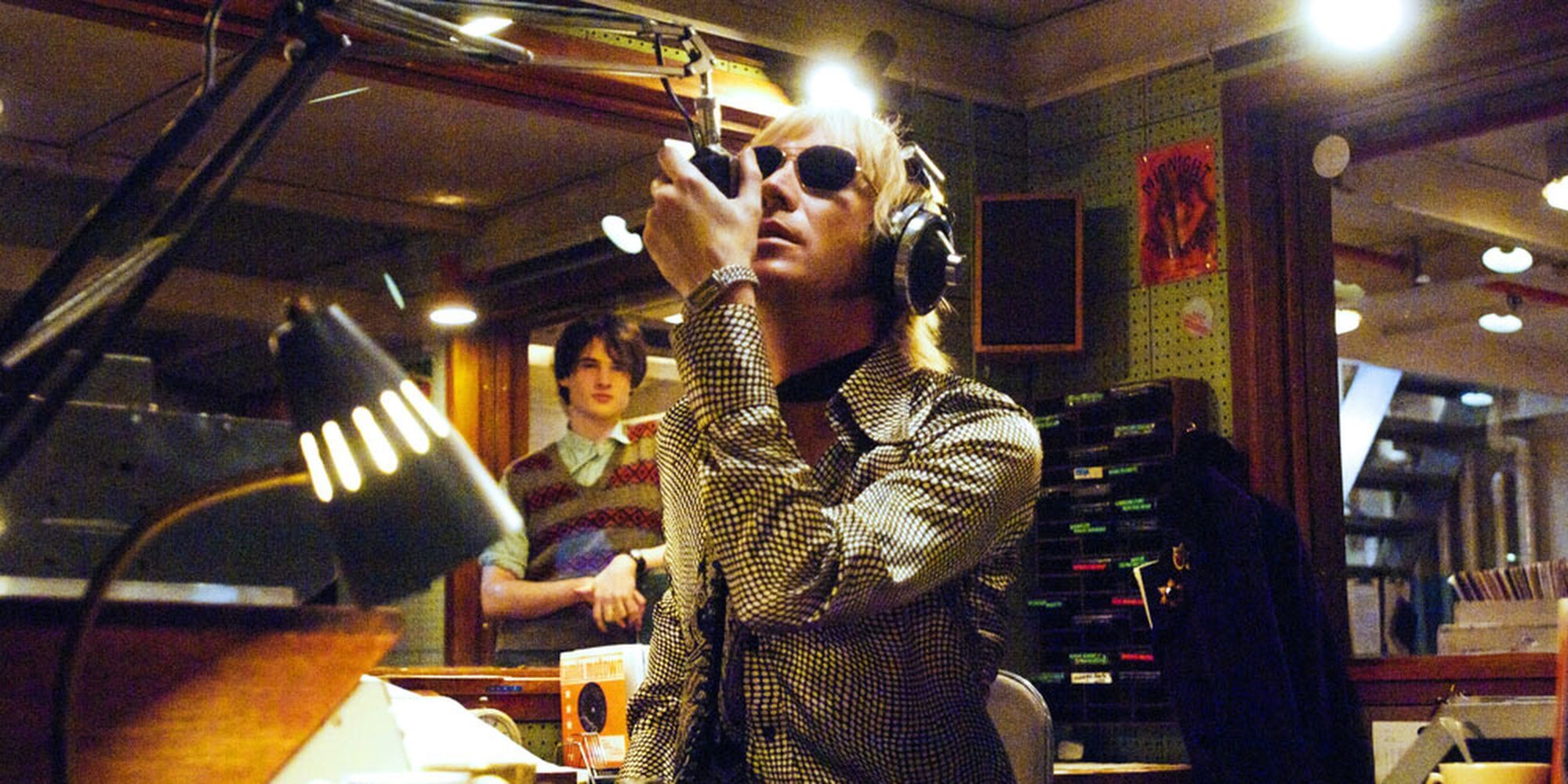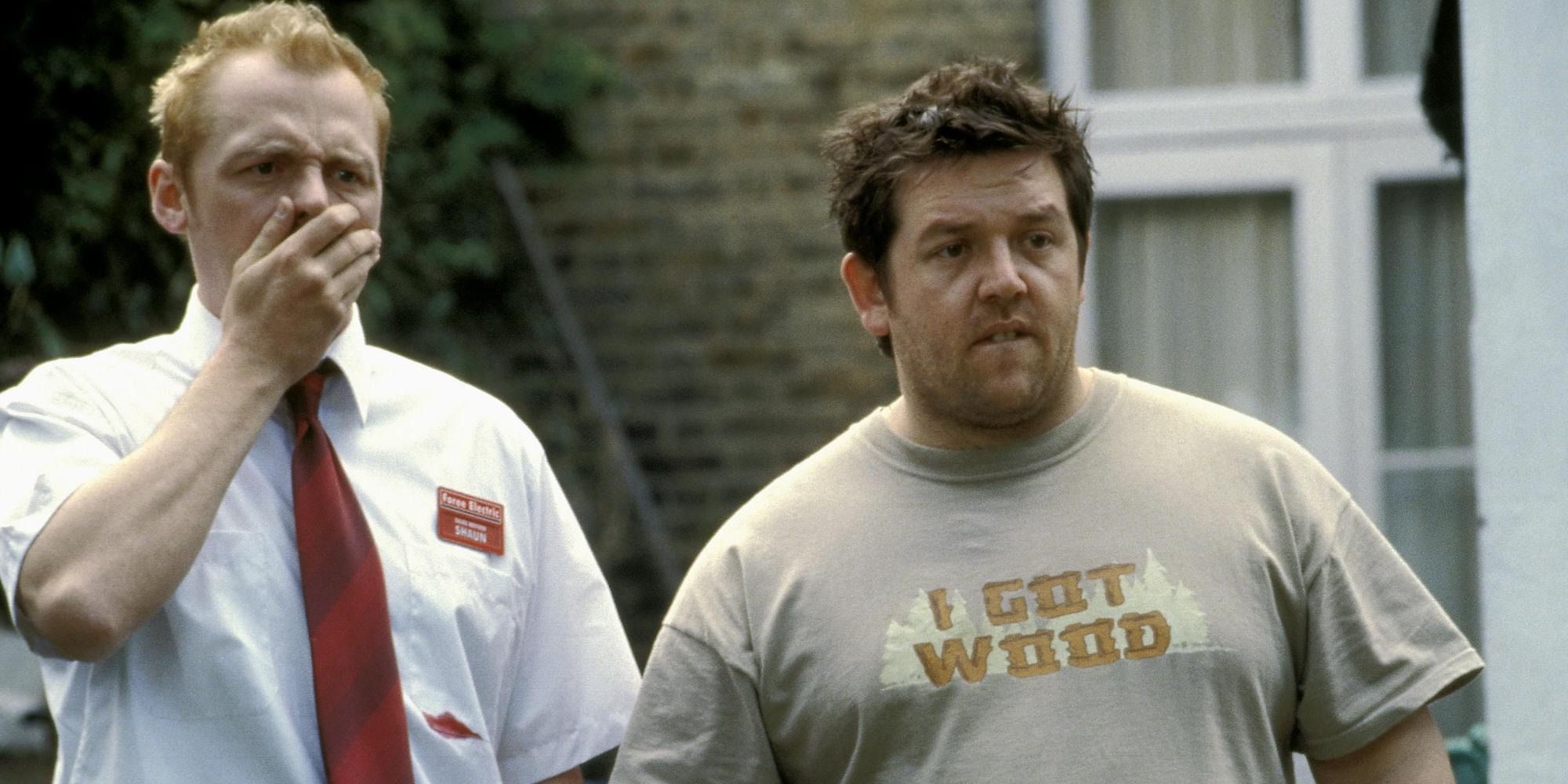At face value, the story of Maurice Flitcroft (Mark Rylance), the central character of the recent British film, The Phantom of the Open is laced with absurdities. The “world's worst golfer” was a crane driver from Cumbria in the United Kingdom who attempted to qualify for The Open, despite never before having played a round of golf. Fantastical, certainly, but true. Likewise, it’s also one of those humanizing stories that seem idiosyncratic to British cinema.
Quaint cinema, it could almost be called; well-rounded stories that personify the spirit of Britain and provide a quintessential representation of its culture and quirks. So much so that it’s futile not to feel comforted, perpetually amused, and, always, a little humbled.
‘Eddie the Eagle’ (2016)
Where best to start than with another British jump-the-rope sporting movie? This Matthew Vaughn-produced picture bears shades of Cool Runnings, as the perpetually tenacious ski-jumper and British Olympic hopeful Eddie Edwards (Taron Egerton) charms the world in pursuit of his dream.
Eddie the Eagle is a true underdog story, a universal crowd-pleaser born from British roots and speaks to the pursuit of ambition despite adversity. In truth, the film leans a little heavily on the side of glorification, shying away from examining its characters with any real intent. But as a portrayal of the sporting spirit and an ode to always pushing yourself to the best of your ability, it's a thoroughly enjoyable watch.
‘Paddington’ (2014)
The now-iconic character of Paddington Bear first appeared in the 1958 children’s book, A Bear Called Paddington. It was written by Michael Bond, and the character went on to appear in over 20 books by the author. Paddington is an anthropomorphized bear from “darkest Peru,” whose love of marmalade and frequent politeness are indicative of old British stereotypes.
His feature film debut came with the critically acclaimed Paddington. It was influenced by an existing story by Bond and took place following the bear’s migration to London when he is discovered in Paddington Station and adopted by the Brown family. The film is inexplicably charming, full of British mannerisms and humor, yet universally accessible.
‘Death at a Funeral’ (2007)
Frank Oz, better known as one of the fundamental puppeteers of both Sesame Street and The Muppet Show, directs this comedy about a dysfunctional family who congregates at the funeral of the patriarch. Naturally, chaos ensues as Peter (Peter Dinklage), a guest at the funeral whom no one recognizes, seeks to expose his sexual relationship with the recently deceased.
What follows through the course of the film's 90-minute narrative is very funny and provides a rich example of the peculiarities of dry British humor. The use of an eclectic cast of characters works wonders in creating drama through familial conflict, an effective tool that offers comedic relief in what is traditionally a much more somber setting.
‘Submarine’ (2010)
Richard Ayoade's directorial debut is a quirky coming-of-age comedy adapted from a 2008 novel of the same name by Joe Dunthorne. A co-production between the United Kingdom and the United States, Submarine's qualities lie in modesty. Placed next to the more bland characteristics of most teen comedies, the film’s quirks and thoughtful considerations of the state of youth create depth and real substance.
While the themes at play aren’t exactly groundbreaking, Ayoade displays a confident awareness of the intentions of his narrative. At the same time, his use of color coding and other stylistic elements shows creative purpose. In addition, he coaxed out charming lead performances of his young actors, Craig Roberts and Yasmin Paige.
‘Notting Hill’ (1999)
An intrinsic illustration of the British rom-com, Notting Hill stars an actor synonymous with the genre, Hugh Grant, though this is undoubtedly one of his best. Grant plays William Thacker, a travel bookstore owner whose life changes when he meets Anna Scott (Julia Roberts), a world-famous actress in London for her next film.
Notting Hill is penned by screenwriter Richard Curtis, whose work on films like Love Actually and Four Weddings and a Funeral effectively cement him as a bona fide auteur of the romantic comedy. Curtis’ films display a knack for examining the intricacies of romantic relationships. His representations are routinely sugar-coated, but they convey an intriguing sense of commentary on the life-affirming qualities we humans place on them.
‘Pirate Radio’ (2009)
Known as The Boat that Rocked across the pond, Pirate Radio is another Richard Curtis picture that tells of a band of rogue DJs who defied a government that sought to dominate the radio with solely classical music. Among them are The Count (Philip Seymour Hoffman), a loud and proud American, Quentin (Bill Nighy), the boss of Radio Rock, and Gavin (Rhys Ifans), the most eminent DJ on the air, who has recently returned home to reclaim his throne.
The film depicts the disparity between the conservative 1960s government, which rigidly clung to the pompous principles of a “once great nation,” and those willing to embrace the characteristics of a defining era in national culture and music. Pirate Radio is a gleeful encapsulation of the immortal status of 1960s pop music when the rebellious nature of rock 'n' roll was as sexy and captivating as any cultural movement of the 20th century.
‘Shaun of the Dead’ (2004)
Following their success with the unashamedly nerdy television series Spaced, the offbeat partnership of filmmaker Edgar Wright and actors Simon Pegg and Nick Frost came together to create Shaun of the Dead, film one of their Blood and Ice Cream Trilogy. The narrative follows a London-based electronics salesperson (Pegg) and his idler roommate (Frost) as their uneventful lives are thrown into disarray by the emergence of a zombie apocalypse.
Almost two decades later, the film has lost very little of its unique flavor and none of the bite that came along with it. Wright’s hyperkinetic style of filmmaking is very much at play, as are the many quirks and quotes of the now-famous trilogy. Shaun of the Dead still stands as the pinnacle of the trilogy, expertly satirizing the zombie-like disposition of London’s general population in a manner that’s as idiosyncratic as it is unequivocally timeless.

-Cropped.jpg)
